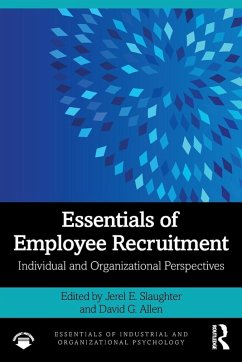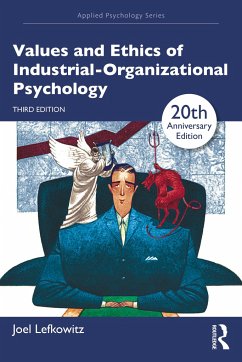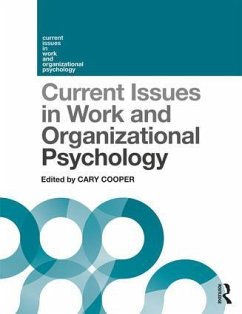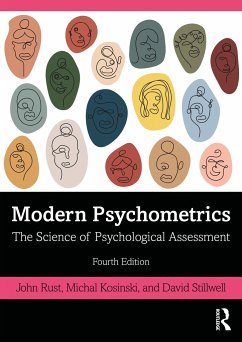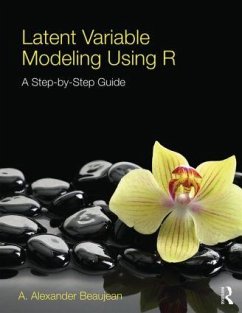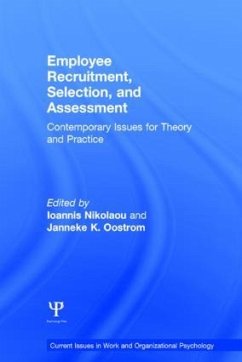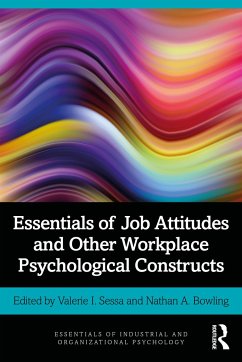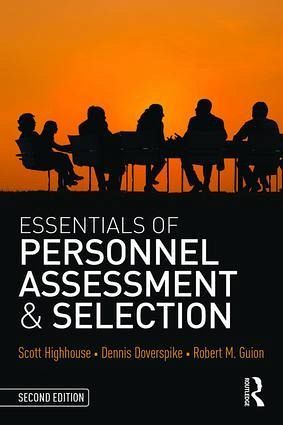
Essentials of Personnel Assessment and Selection
Versandkostenfrei!
Versandfertig in 6-10 Tagen
61,99 €
inkl. MwSt.
Weitere Ausgaben:

PAYBACK Punkte
31 °P sammeln!
This second edition provides managers and students the nuts and bolts of assessment processes and selection techniques. With this knowledge, managers learn to make informed personnel decisions based on the results of tests and assessments. The book emphasizes that employee performance predictions require well-formed hypotheses about personal characteristics that may be related to valued behavior at work. It also stresses the need for developing a theory of the attribute one hypothesizes as a predictor-a thought process too often missing from work on selection procedures. Topics such as team-me...
This second edition provides managers and students the nuts and bolts of assessment processes and selection techniques. With this knowledge, managers learn to make informed personnel decisions based on the results of tests and assessments. The book emphasizes that employee performance predictions require well-formed hypotheses about personal characteristics that may be related to valued behavior at work. It also stresses the need for developing a theory of the attribute one hypothesizes as a predictor-a thought process too often missing from work on selection procedures. Topics such as team-member selection, situational judgment tests, nontraditional tests, individual assessment, and testing for diversity are explored. The book covers both basic and advanced concepts in personnel selection in a straightforward, readable style intended to be used in both undergraduate and graduate courses in Personnel Selection and Assessment.







